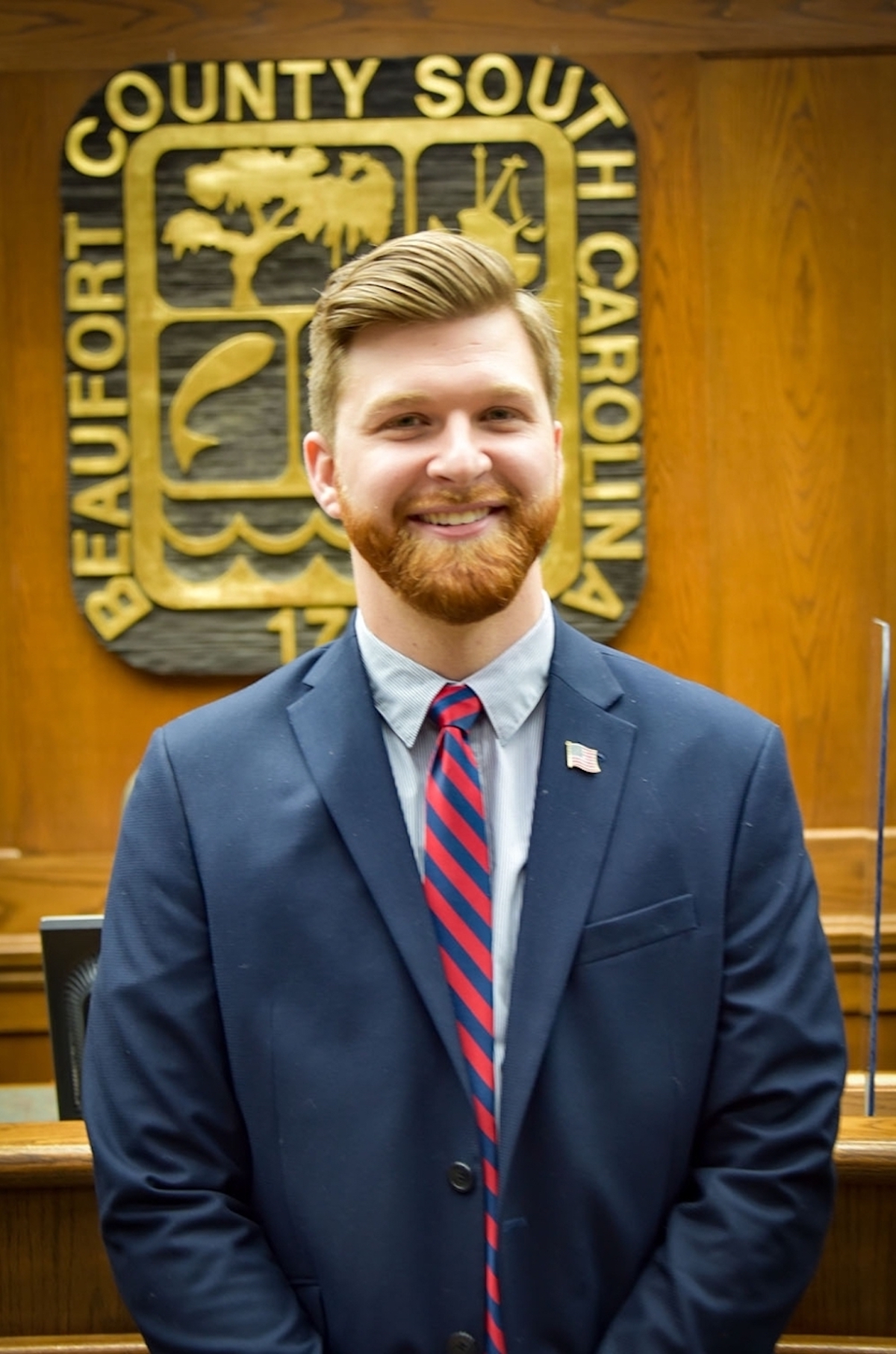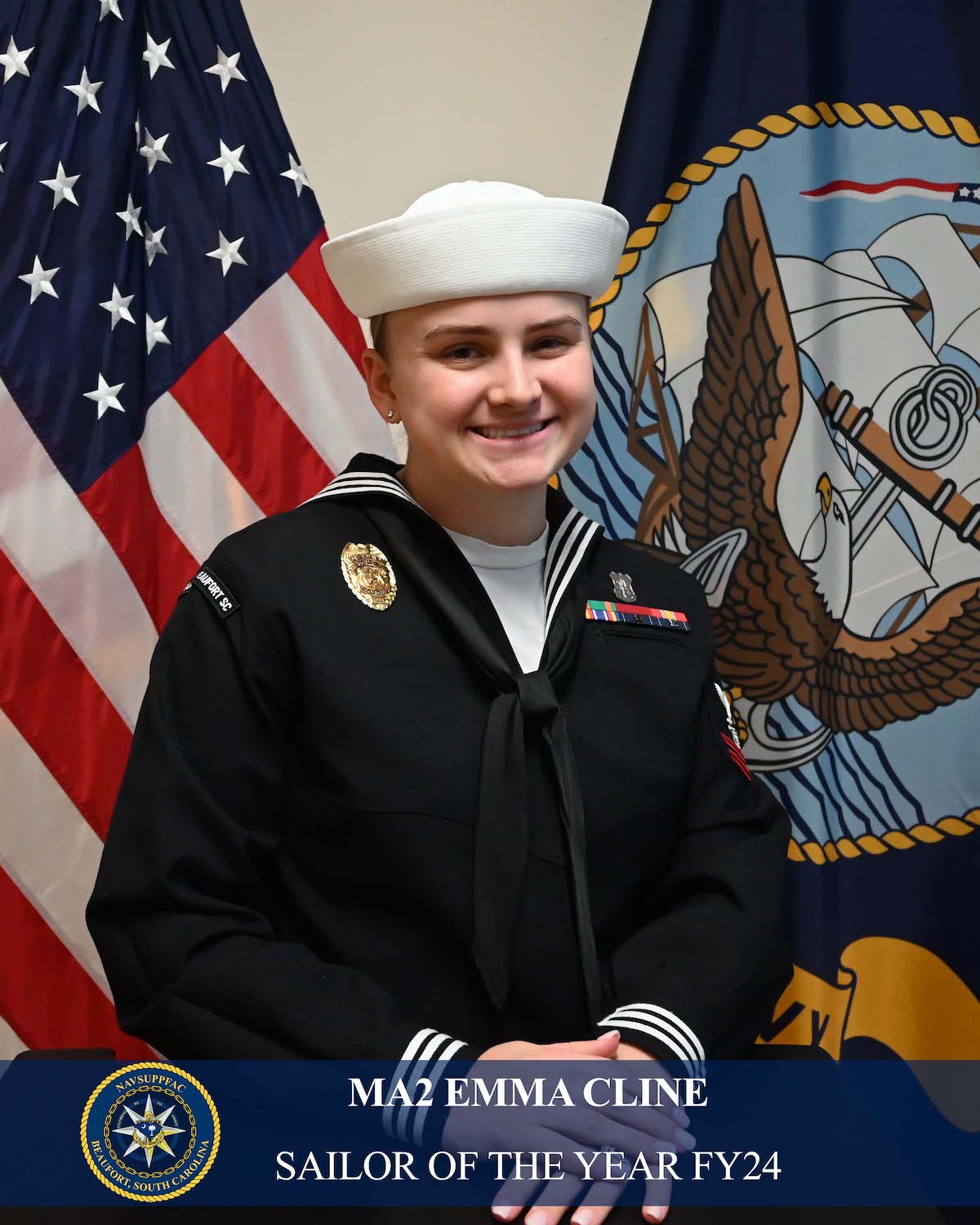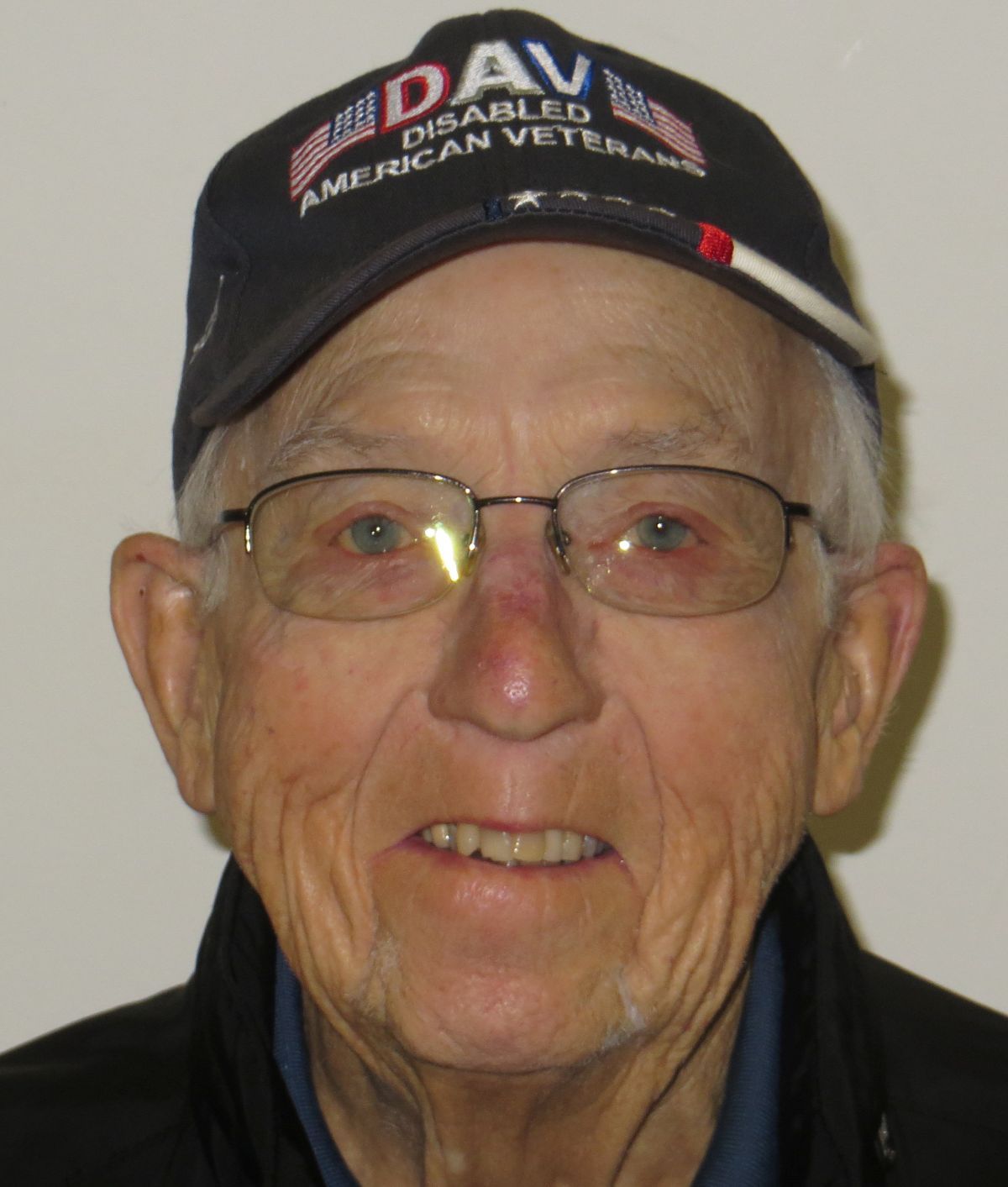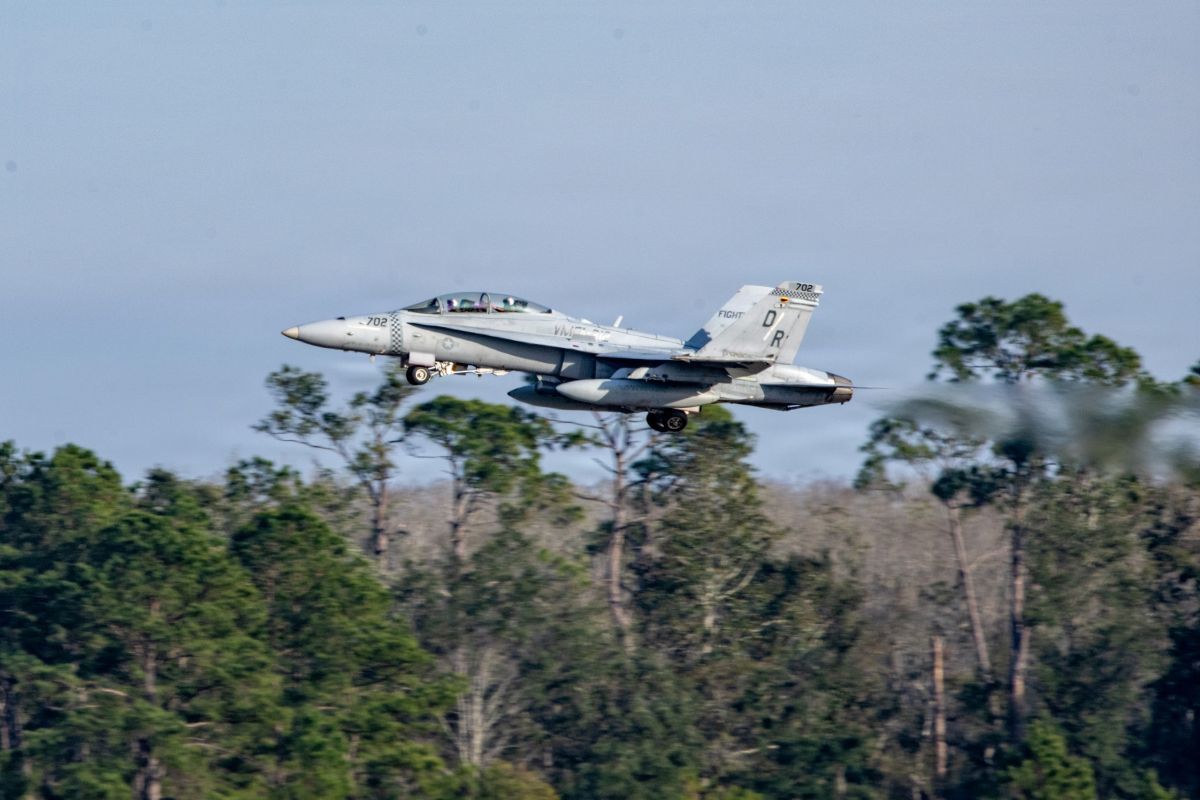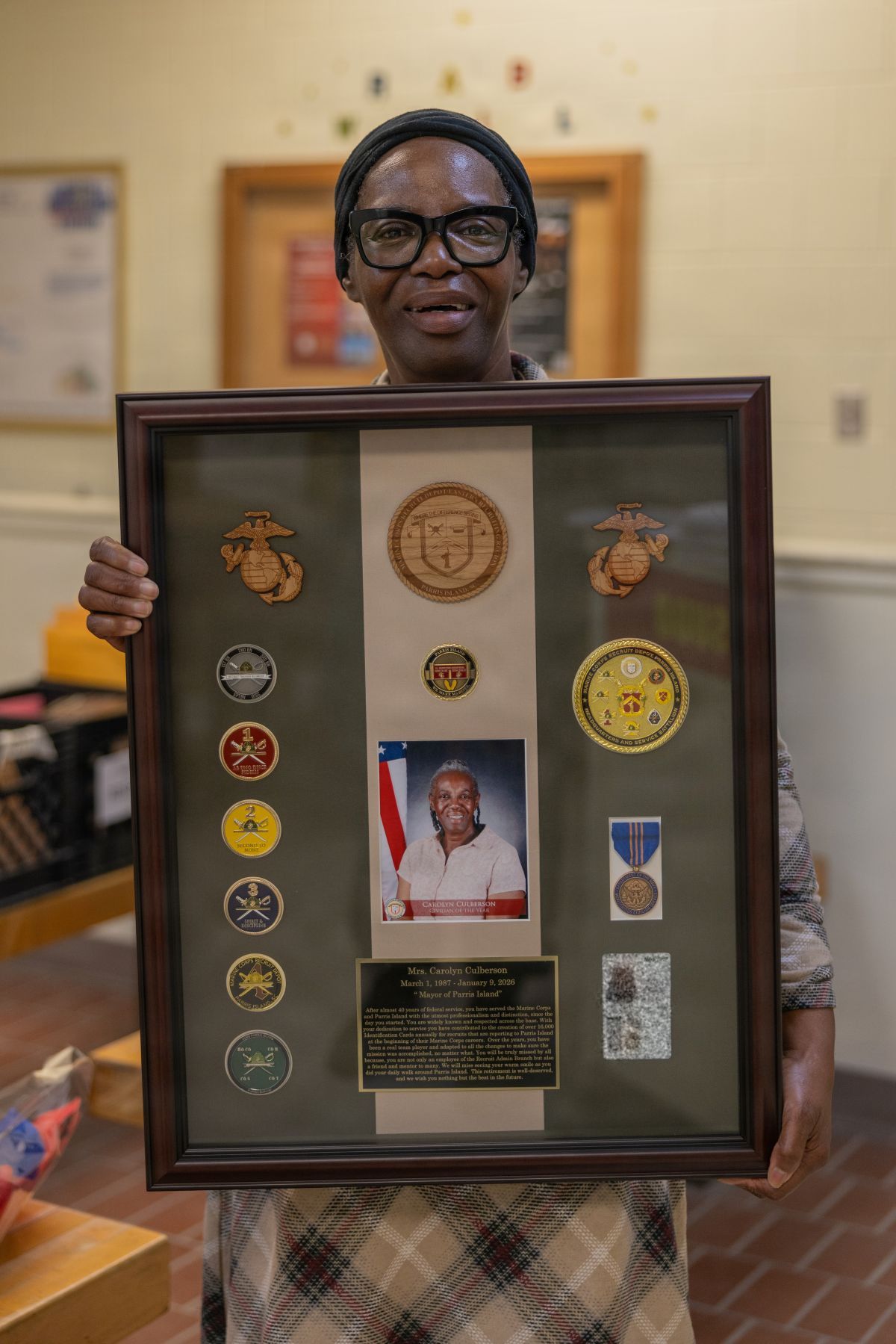Supplemental claim, higher-level review, appeal to the Board of Appeals
By Larry Dandridge
This article and the next will cover information that veterans and their families need to know about appealing Veterans Administration (VBA) Claim Decisions.
Board of Veterans’ Appeals
According to the US Department of Veterans Affairs “Board of Veterans’ Appeals” webpage (https://www.bva.va.gov). On July 28, 1933, President Franklin D. Roosevelt created the Board of Veterans’ Appeals (Board) by Executive Order 6230, Veterans Regulation No. 2(a). The Board was delegated the authority to render the final decisions on appeal for the Administrator (now Secretary) and was directly responsible to the Administrator (Secretary). The Board was charged “to provide every possible assistance” to claimants and to take final action that would “be fair to the Veteran as well as the Government.”
The Board is comprised of a Chairperson, Vice Chairperson, and such number of Veterans Law Judges and Board members as necessary to meet the Board’s mission to conduct hearings and dispose of appeals properly before the Board in a timely manner. 38 U.S.C. § 7101(a).
To address the growing number of appeals, the Board, over the past five years, has grown from approximately 800 to about 1,200 personnel and is still growing thanks to the continued investment of the Department and Congress. The Board increased its staff to include Veterans Law Judges, attorneys, and administrative and operational personnel, recruiting and hiring widely diverse, bringing together different backgrounds, education, experience, ideas, and perspectives to include Veterans, military spouses and family members, caregivers, survivors, first-generation Americans, and LGBTQ+ members. This diversity strengthens the Board and enables it to serve its constituency better.
The Board composition and procedures are governed by 38 U.S.C. §§ 7101-7112. The Board often receives questions regarding how appeals are worked at the Board. Under 38 U.S.C. § 7107 (a)(1), all appeals at the Board shall be considered and decided in regular docket order according to its place on the docket.
The docket is defined by the date of receipt of the appeal. So, appeals are processed in the first in, first out method. The only exceptions are those appeals that are advanced on the docket whether the appellant is age 75 or older, or for which motion has been filed for serious illness, severe financial hardship, or for other sufficient cause shown.
The Board is working on both legacy and appeals modernization act (AMA) appeals filed by Veterans and appellants. Legacy appeals are those that existed prior to the implementation of the AMA in February 2019 and are the oldest pending appeals. More information can be found in the metrics section on the Board’s website.
What can veterans do if they disagree with their (VA) initial claim decision?
The VA “What Veterans can do if they do not agree with their initial claim decision” webpage explains that The Veterans Appeals Improvement and Modernization Act of 2017 (AMA) created a new decision-making process for claims and appeals. This process applies to Veterans who receive an initial VA decision on or after February 19, 2019.
AMA created three lanes/options for veterans to choose from. The VA and this author encourage veterans to work with their VSO or representative to assist them in making the best choice for themselves and their cases.
- Lane/Option 1 Supplemental Claim: A Supplemental Claim is a Higher-Level Review processed by the Veterans Benefits Administration (VBA), National Cemetery Administration (NCA), or Veterans Health Administration (VHA) to the Board of Veterans’ Appeals (Board). A Supplemental claim is an option if, after the veteran receives a decision, he or she identifies new and relevant evidence, such as medical evidence. Veterans can submit that evidence along with a VA Form 20-0995 to have their claim reviewed with that new evidence, and if granted, the veteran will maintain their original effective date. This is an option for any decision from the VA to include a Board decision. Veterans have one (1) year from the date of the original decision to submit the evidence and VA Form 20- 0995.
- Lane/Option 2 Higher Level Review: The Higher-Level Review is an option when the veteran believes there was a misinterpretation of the evidence in the record when the decision was made. Veterans may not submit any additional evidence. Veterans have one (1) year from the date of the decision to elect this option by submitting a VA Form 20-0996. This is the FASTEST option for another decision.
- Lane/Option 3 Appeal to the Board of Veterans Appeals (Board): The option to appeal directly to the Board is available after any decision made by the VA except for Board decisions by submitting a VA Form 10182 within one (1) year of the decision the veteran is appealing. When choosing this option, veterans have another choice to make. Which Board option is the best? The veteran’s VSO (or Attorney or Claims Agent) can best assist in making a choice.
Veterans who appeal directly to the Board (Lane/Option 3 above) must choose one of the following three options.
- Direct Review: This is the fastest option at the Board. This is an excellent option if you feel there is a misinterpretation of the law or the facts of the case.
- Evidence Submission: This lane allows additional evidence to be submitted within 90 days of appealing to the Board. Only additional evidence to support what is already in your file can be considered.
- Hearing with a Veterans Law Judge (VLJ): Hearing with a Veterans Law Judge (VLJ) is the longest option for a decision at the Board. This option is best if the veteran believes his or her words and story would not have the same impact if submitted in writing and would like to speak directly with a VLJ. Currently, only virtual hearings are available.
Please use a VSO to help you appeal
Veterans who receive an initial claim decision that they disagree with should ask a VA-accredited Veterans Service Officer (VSO) (or a VA-accredited Attorney or claims Agent) to help them file an appeal. VSO services are free, and VSOs can guide veterans through the appeal process in most cases. Veterans are not required to have someone represent them. It is the veteran’s choice.
Continued next week.
Larry Dandridge is a Vietnam War wounded warrior, disabled veteran, ex-Enlisted Infantryman, ex-Warrant Officer Pilot, and retired Lt. Colonel. He is a past Veterans Service Officer, a Patient Adviser at the RHJ VA Hospital, a Fisher House Charleston Good Will Ambassador, and the past VP for Veteran Affairs for the local Army Association and Military Officer Association Chapters. Larry is also the author of the award-winning book Blades of Thunder (Book One) and a contributing freelance writer with the Island News. Contact him at LDandridge@earthlink.net or 843-276-7164.


